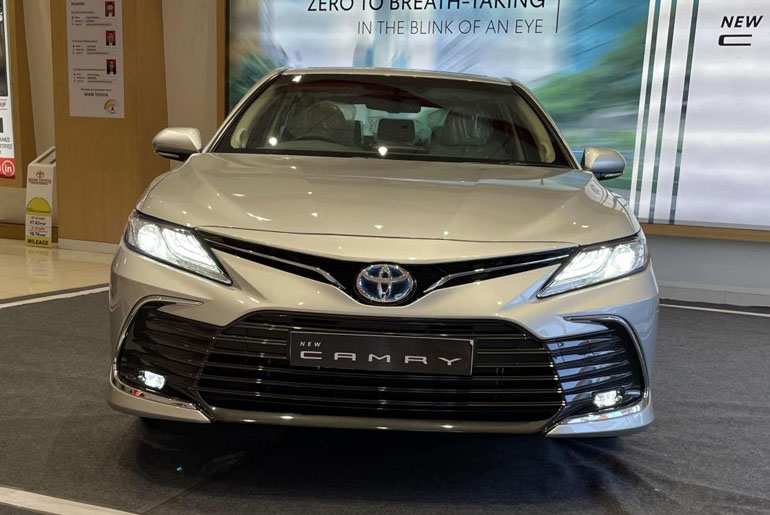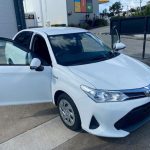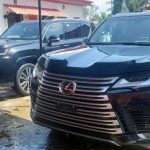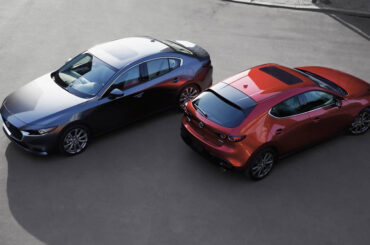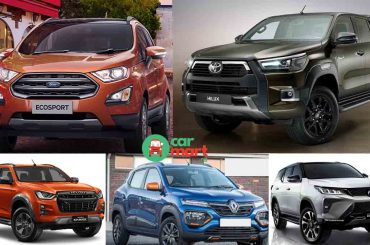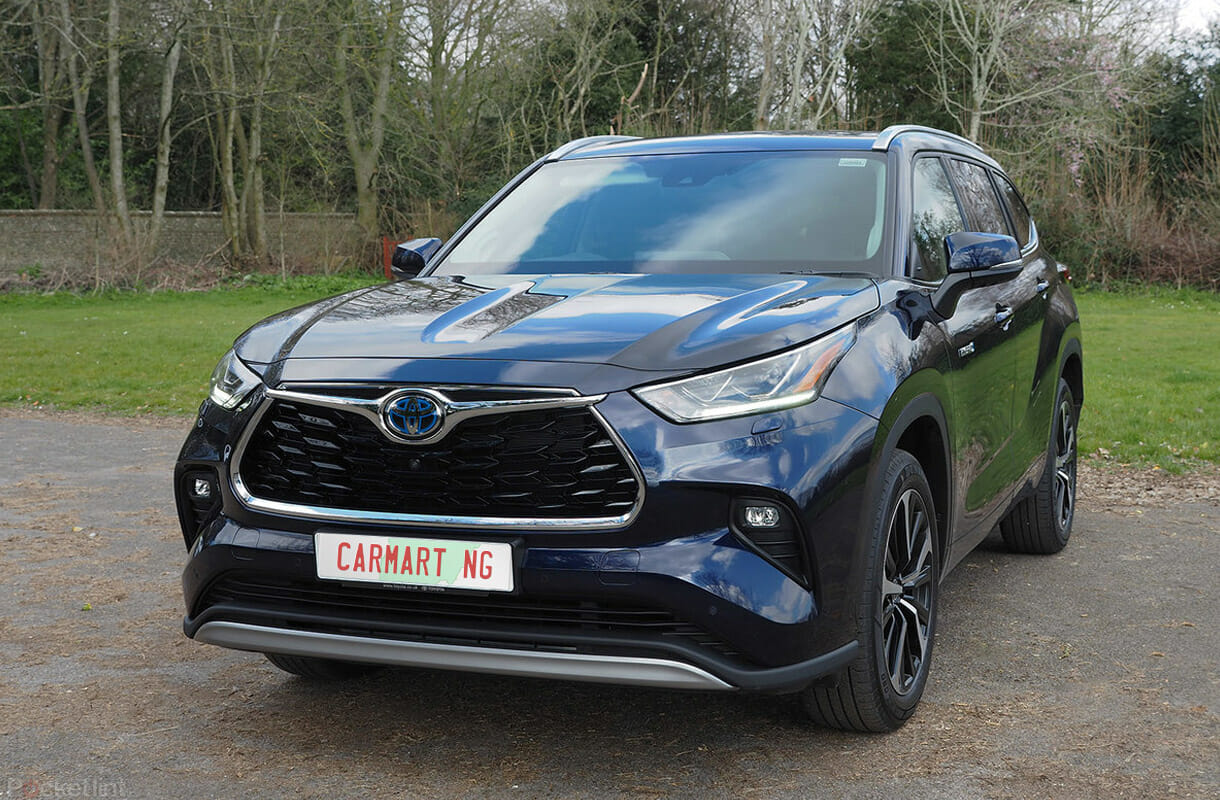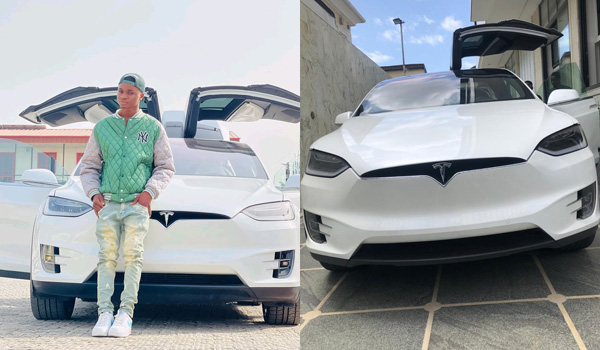With the price of fuel going up every now and then, people are seeking better options to reduce the amount they spend on fuel for commuting daily. Hybrid cars are a great option to think about. They use both batteries and gasoline, so you don’t have to choose between gas and electricity. Hybrid cars help save money on fuel. While hybrid cars might cost more upfront, they tend to last longer, which can save you money over time.
Table of Contents
If you are considering getting a hybrid car in Nigeria as an option to reduce money spent on fuel, this article is important to guide you through the pros and cons of owning a hybrid car in Nigeria.
What are Hybrid cars?
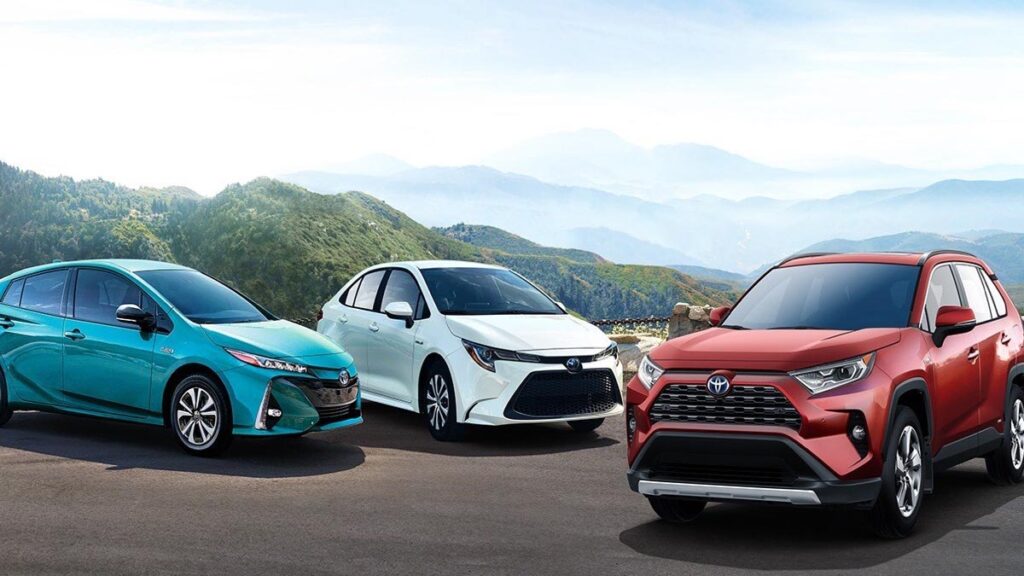
A hybrid car is a car that combines an electric motor with a gasoline engine to power the vehicle. The system captures energy through regenerative braking, where energy that’s normally lost during braking is converted back into power. Sometimes, the electric motor does the work alone, other times it’s the gas engine, and sometimes they work together. This results in burning less gasoline and better fuel economy. The electric power comes from a separate high-voltage battery pack, which gets recharged by capturing energy from braking. Hybrids also use the gas engine to charge and maintain the battery.
How do Hybrid cars operate?
Hybrid electric cars use both a regular engine and electric motors powered by batteries. Unlike electric cars, hybrids don’t need to be plugged in to charge. Instead, the battery gets charged while driving, especially during braking, and by the regular engine. The electric motor can help a smaller engine work better. The battery can also run other parts of the car and reduce engine idling when stopped. These features help hybrid cars use less fuel without losing power.
The Pros and cons of getting a hybrid car in Nigeria
While using hybrid cars has a lot of benefits, there are downsides to it too. Here are the pros and cons of owning a hybrid car in Nigeria.
Pros
1. Fuel Efficiency
Hybrid cars combine an electric motor and a gasoline engine to achieve better fuel mileage compared to traditional cars. They use less fuel, which is a big factor for car buyers, especially in Nigeria, where fuel prices are relatively high. Many people are attracted to hybrids because they offer impressive fuel economy ratings, like the Toyota Prius, which can reach up to 50 mpg. This is especially beneficial for long commutes, as hybrids can significantly reduce monthly gasoline costs. In stop-and-go traffic, hybrids can run on battery power alone, which is environmentally friendly. They produce fewer emissions and have higher gas efficiency than regular cars, making them eco-friendly.
2. Better Resale Value
Hybrid cars are becoming more popular due to their utility and reliability, especially with the high fuel prices currently in Nigeria. They tend to hold their value better than gas-only models when sold as used cars. This is because they’re less common and often have more advanced technology, leading to higher initial prices. Additionally, hybrids generally have a good track record of dependability, which is important when buying a used car. As the focus on the environment grows and gasoline prices rise, more people are opting for hybrids, making them a sought-after choice in the used car market.
3. Less maintenance
Hybrid cars put less strain on the engine because they automatically switch off when idle in traffic or not constantly moving, thanks to features like regenerative braking. This means the combustion engine isn’t used as much, leading to lower maintenance costs and longer intervals between oil changes.
4. Good for the environment
It is not a secret that we use hybrid cars because they are good for the environment. A hybrid vehicle is powered by an electric motor and a gasoline engine, which helps reduce fuel use and conserve energy.
5. Regenerative Braking System
Hybrid cars are designed so that when you brake, the energy goes back into the battery. This means less work for the driver, less wear and tear on the engine, and less fuel used. So when you brake in a hybrid, it helps recharge the battery, saving time and reducing the need for frequent stops to recharge.
6. Economical Driving Habits
In Nigeria, many of us aren’t professional drivers; we sometimes use more fuel than necessary to get around. Most hybrid cars come with a simple system that helps you drive more efficiently by encouraging gentle braking instead of sudden stops. You can learn these efficient driving habits in a hybrid and apply them to any other car you drive.
7. Less Dependency on Fossil Fuels
Hybrid cars are cleaner and use less fuel than gasoline-powered cars, which means they produce fewer emissions and rely less on fossil fuels. This helps reduce the amount of gasoline needed in the local market. Less dependency on fuel might lead to a lower price of fuel.
Cons
1. Expensive Initial Cost
Hybrid cars are often pricier than other models in the same class and power range. While they can save you money in the long run, the initial cost can be a big expense. They can cost up to ten million naira more than regular petrol cars because of the hybrid technology involved, like the electric motor and battery systems. This higher cost is a major reason why many people aren’t opting for hybrids. However, it’s a one-time investment. So, while hybrids do cost more upfront, the benefits can outweigh the initial expense in the long term. So if you are thinking of getting a hybrid, consider the cost.
2. Less Engine Power
Most hybrid cars have smaller gas engines paired with electric motors, which means they generally have less power than regular cars. So, if you’re all about speed and horsepower, hybrids might not be your best bet. It’s hard to find an engine that’s both fuel-efficient and powerful while being cheap. Hybrids sacrifice horsepower for fuel efficiency, which is why speed lovers prefer sporty cars with lower maintenance costs. Even though hybrids use two engines, their combined power isn’t enough for fast driving. They’re great for city driving but not ideal if speed and acceleration are your priorities.
3. Extreme Vulnerability to Flooding
In Nigeria, where the weather can be extreme, rainfall is constant, and even floods occur, hybrid cars are not the best choice. If your car gets caught in floods, the electrical circuits can short out or even cause electric shocks. Hybrid cars have more electrical and electronic components than regular cars, so driving in floods is risky. Water can damage the circuits, causing total or partial damage to the car.
4. Poor handling
Hybrid vehicles have both a gasoline engine and an electric engine, plus a battery pack. This makes them heavier and takes up more space in the car. To improve fuel efficiency, manufacturers aim to reduce weight. Because hybrids have extra components like electric motors and batteries, they tend to be heavier, which lowers fuel efficiency. To offset this, automakers make the motors and batteries smaller. However, this can mean less support for the suspension and body of the car.
5. The high cost of replacing batteries
Electric vehicle (EV) and hybrid batteries usually last longer than regular car batteries. However, they can lose charge if left unused in extreme hot or cold weather. To prevent this, it’s important to drive your car regularly and keep it at moderate temperatures. Despite their durability, EV and hybrid batteries can degrade over time, which lowers performance and efficiency. Eventually, you might need to replace them, which can be expensive.
6. Towing and hauling are not the best for hybrid cars.
Hybrid cars can handle most driving needs and come at different prices for everyone. However, they’re not meant for towing heavy things like cars, people, boats, or trailers. Some hybrids can tow small items, like a small trailer or a light load. Toyota even introduced a towing package for the Prius in 2016, which surprised many because hybrids weren’t known for towing. But even with the towing package, it can only tow about 1,600 pounds, which is about the weight of the lightest camper available.
Conclusion
Even though there are some challenges, owning a hybrid car is still a big plus in Nigeria today. Before you decide on a specific model, make sure you’ve looked at both the pros and cons of owning one. This will help you make a smart choice.
Have 1 million naira and above to Buy or Sell Cars In Nigeria? Check carlots.ng
All rights reserved. Reproduction, publication, broadcasting, rewriting, or redistribution of this material and other digital content on carmart.ng is strictly prohibited without prior express written permission from Carmart Nigeria - Contact: [email protected]

